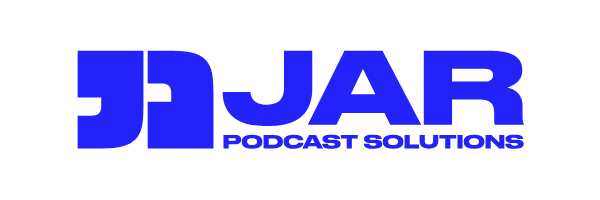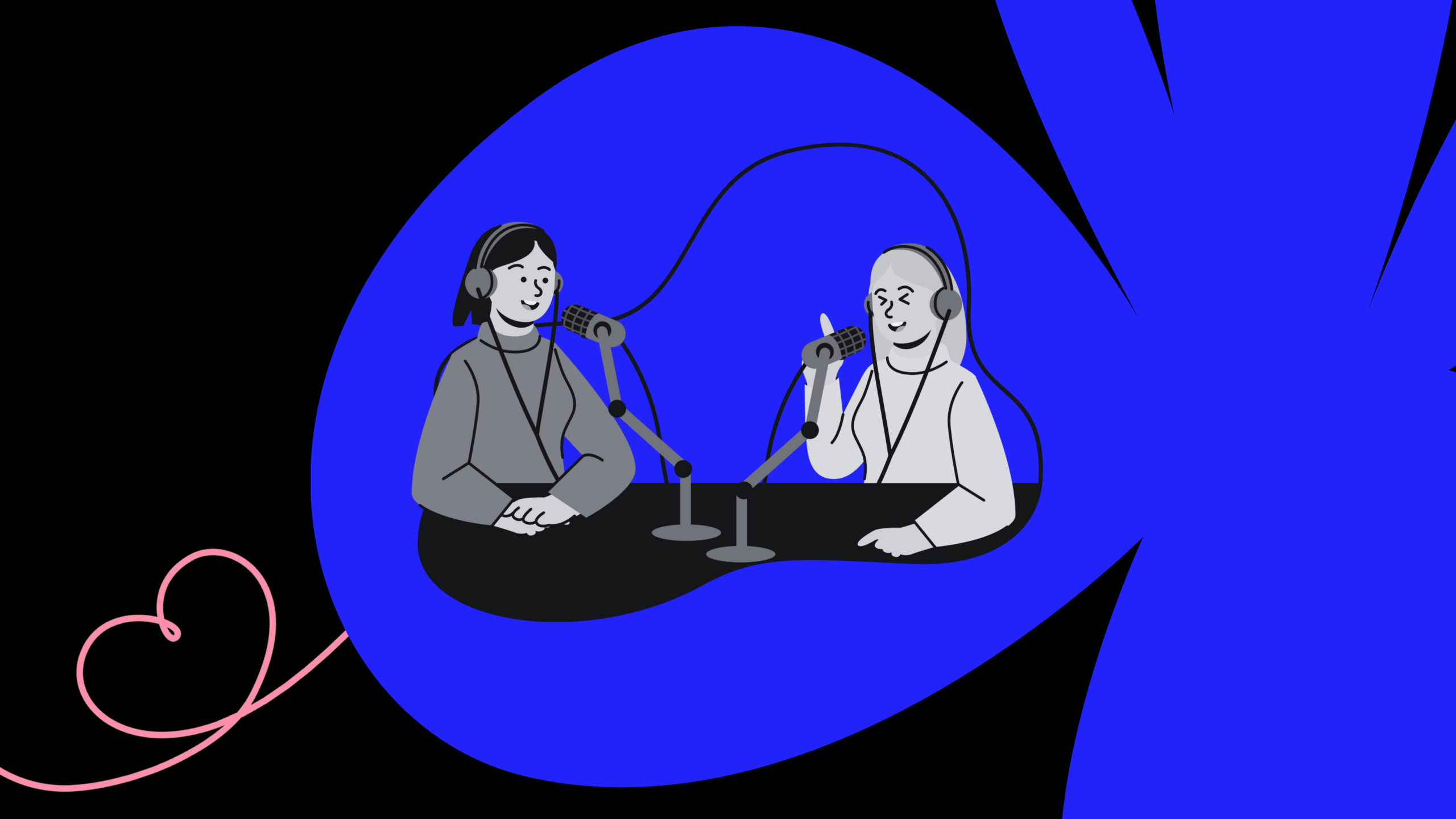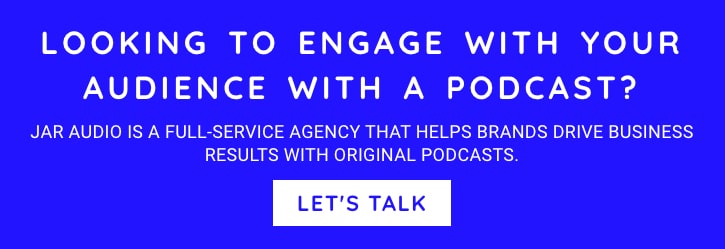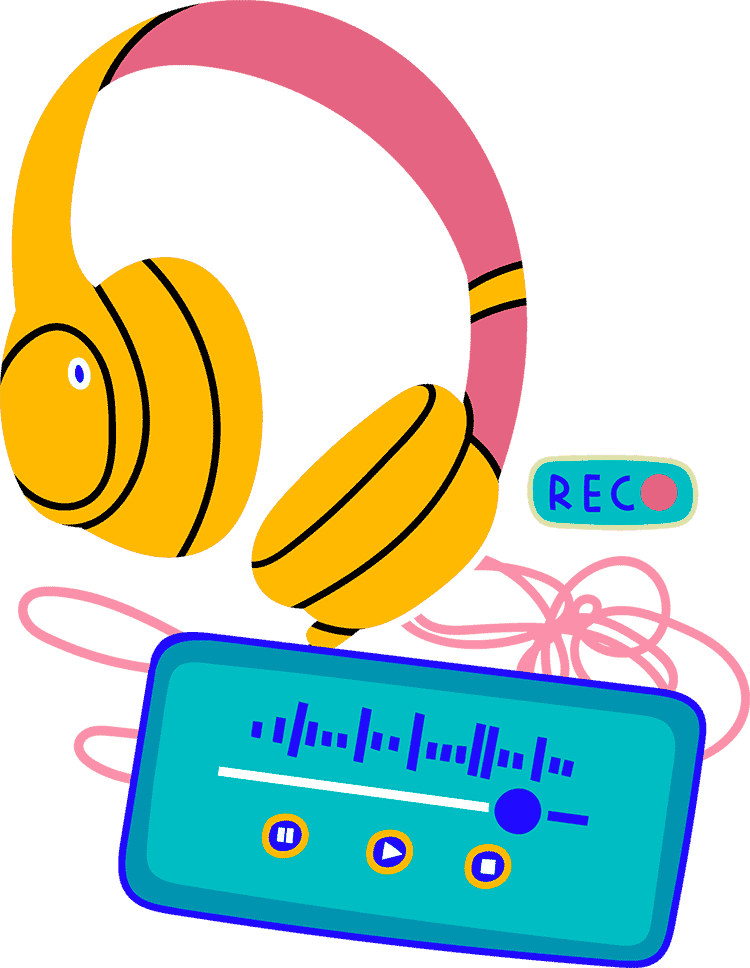In every industry, there are moments when one voice rises above the rest. Sometimes it’s a thought leader with a gift for clarity. Sometimes it’s a brand that finds just the right channel to connect. Either way, the effect is the same: they become the go-to authority, the default voice. Everyone else is left scrambling to keep up.
In branded podcasting, there are clear examples. Take Masters of Scale, hosted by LinkedIn co-founder Reid Hoffman, looking at how companies go “from zero to global.” Hoffman stepped up, launched a strong show, and before long, his name – and his company – became synonymous with the entrepreneurship category itself.
A show like this does more than simply attract occasional listeners. It engenders trust, unpacks ideas, and becomes the audience’s trusted guide through moving stories and complex conceptual terrain.
That’s the power of podcast brand authority.
From brand to industry default
Imagine being an ambitious professional in a fast-changing industry like finance, healthcare, or emerging tech. You’re busy. You’ve got limited time and endless noise to sort through. So where do you turn? Which single source do you trust to cut through the complexity, show up consistently, fact-check rigorously, and make the landscape understandable?
That’s how a podcast goes from “just another branded show” to “the one everyone listens to.” At first, it’s not about reach. It’s about reliability, tone, and depth. And over time, the audience stops asking, “Which podcasts should I sample?” and starts asking, “What does this one say about the topic?”
That’s the subtle transition from podcast market positioning to podcast industry influence.
Example: RBC’s Disruptors
When John Stackhouse, leader of RBC’s thought leadership team, created Disruptors, he wasn’t just looking for another comms channel. He sincerely wanted to help Canadians make sense of the forces reshaping Canada’s economy from AI to clean energy to biotech. By consistently delivering smart conversations with leaders, innovators, and entrepreneurs, Disruptors became more than a branded podcast.
It became the stage for the country’s big conversations about change. If you wanted to be heard in the dialogue around Canada’s business future, you needed to be on Disruptors. If you wanted to know what was happening, you listened. Over time, RBC moved from “a bank with a podcast” to “the voice at the center of Canada’s innovation dialogue.”
That’s podcast brand authority in action.
Example: Amazon’s This Is Small Business
For Amazon, the goal was different but just as strategic: show that the company genuinely cares about small business owners, the very entrepreneurs who make up 60% of their sellers, but who rarely get recognition in the broader narrative.
So they built This Is Small Business, a show that feels conversational, approachable, and above all, human. Across multiple seasons, it has become a trusted space for emerging entrepreneurs to be real about their struggles, swap stories, and pick up actionable tips for success.
By giving small business owners the mic, and by showing up consistently with valuable, relatable conversations, Amazon positioned itself not just as a marketplace, but as an ally. The podcast has become a touchstone for entrepreneurial growth and resilience, a reminder to small business owners that Amazon, despite being such a large entity, is an important part of their journey.
What these shows have in common
The brands that become the “default voice” in their industry follow a few common patterns:
- Consistency: They show up regularly, so audiences know when and where to find them.
- Authenticity: They keep the tone conversational, letting real voices—not corporate jargon—take center stage.
- Agenda-setting: They don’t just report on trends; they shape how the industry talks about them.
- Audience-first: They design each episode to be useful, relatable, and shareable for the people they most want to reach.
The sound of leadership
The best industry podcasts don’t compete for attention. They set the agenda. They facilitate important conversations that feel “bigger than the brand.” They serve their audience. They show up in search results. They own recurring topics. They become the show people cite in meetings or share with their teams.
And here’s the truth: if you’re not leading the conversation in your category, someone else will, and they’ll take your audience with them.
Key takeaway
A podcast isn’t just a marketing asset. It’s a power move. Done right, it transforms your brand into the default voice of your industry. That’s podcast industry influence at its peak: not just joining the conversation, but owning the stage on which it’s taking place.
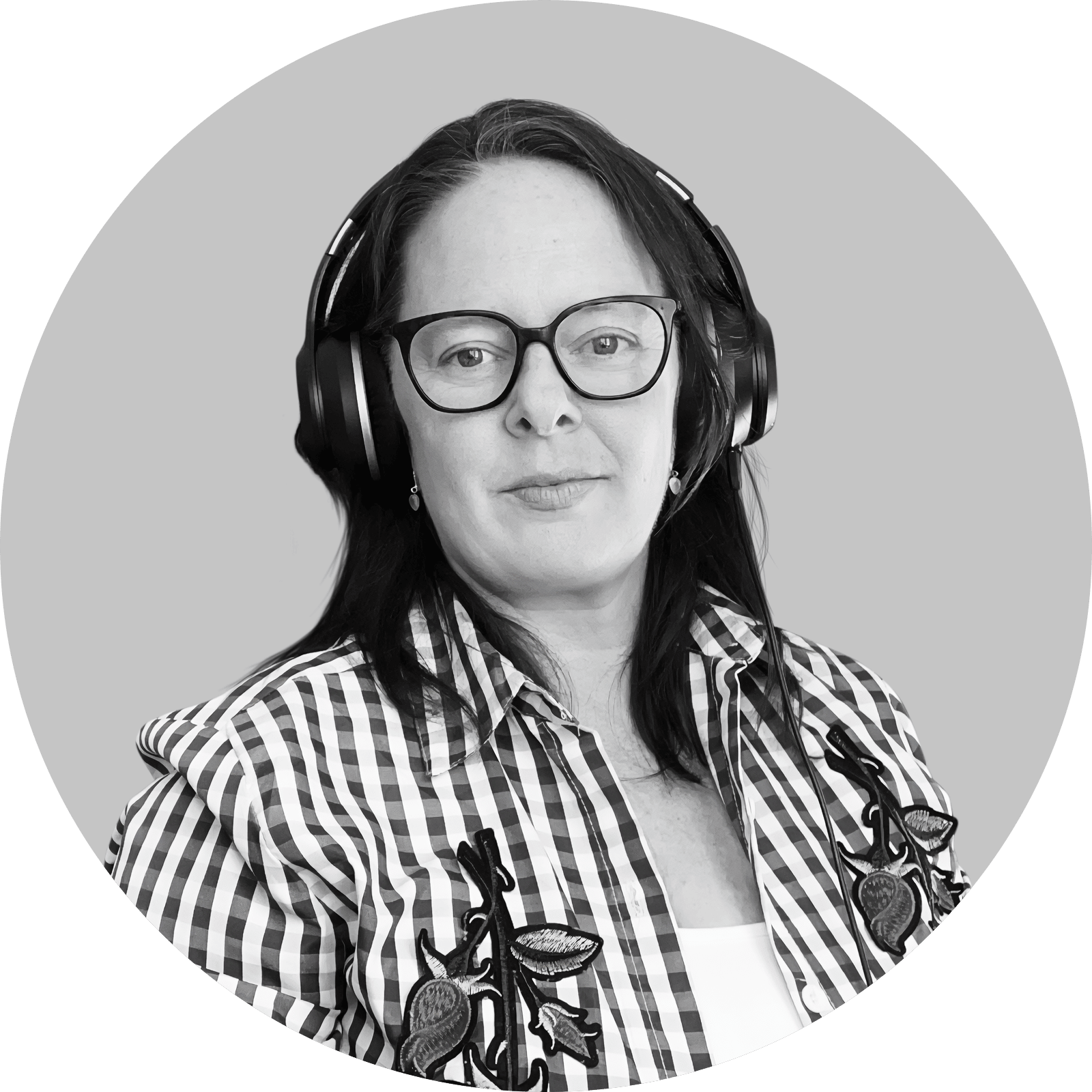
Jen Moss is the Co-Founder and and Chief Creative Officer of JAR Audio. As JAR’s podcast “doula”, collaborating with enterprise brands to bring great podcasts into the world. With a background spanning CBC Radio, Canada’s National Film Board Digital Studio, Vancouver’s Roundhouse Radio and the University of British Columbia, she guides the creation of captivating podcasts at JAR.
